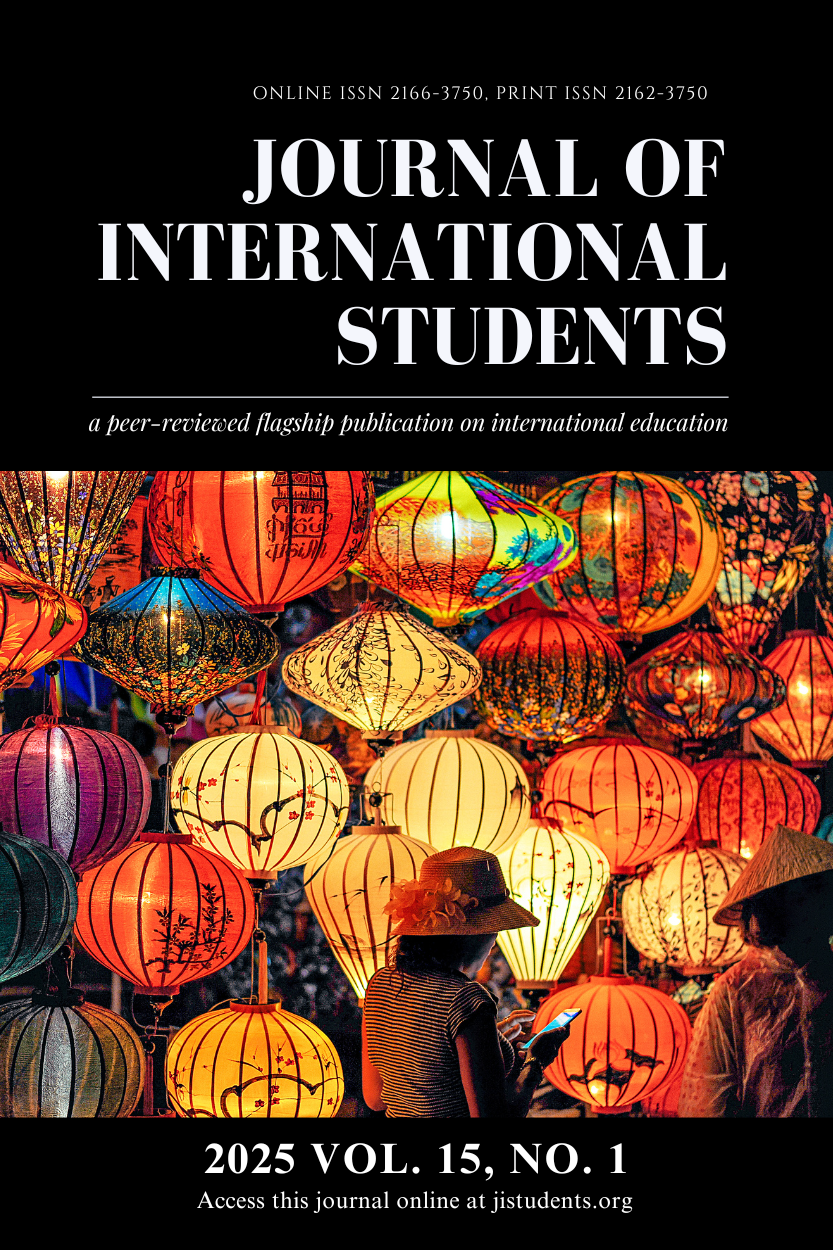Scientific Concepts in programs in Brazil and Japan for High School Students
DOI:
https://doi.org/10.32674/bp7smy03Keywords:
Science Education, High School, Japan, BrazilAbstract
This paper investigates how cultural, historical, and emotional factors influence scientific concepts in Brazil's Science Vocation Program (Provoc) and Japan's Sakura Science program. It analyzes how Western and Eastern views of science might shape program goals, through high school students’ reports. Sociology and Anthropology of Emotions, History and Sociology of Science have been deployed to analyze documents of the year 2019 of both programs and Content Analysis has been conducted with the assistance of ATLAS.ti. The results indicate that the different trends of the programs are important. While Provoc students’ reports the express value of science as more related to individual growth, either academic and/or professional, students’ reports of the Sakura Science tend to be more collectively oriented, valuing scientific and technological innovation.
Downloads
Published
Issue
Section
Categories
License
Copyright (c) 2024 Journal of International Students

This work is licensed under a Creative Commons Attribution-NonCommercial-NoDerivatives 4.0 International License.
All published articles are licensed under a Creative Commons Attribution-NonCommercial-NoDerivs 4.0 Unported License.














